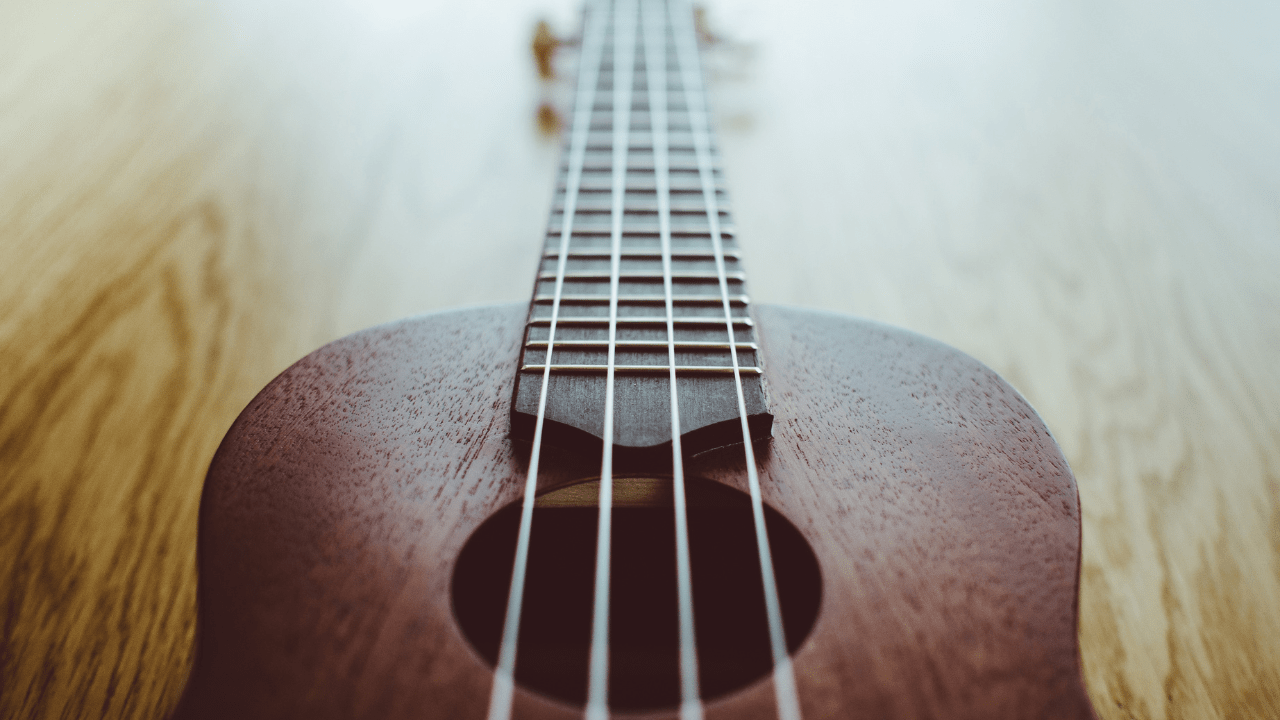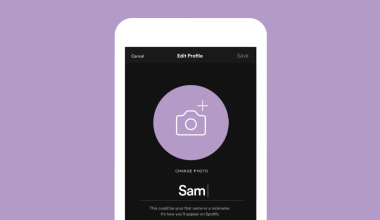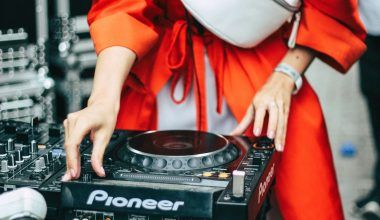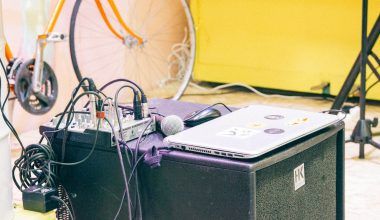If you’ve ever come across the term EP in music, you might have wondered what it means. Simply put, EP stands for Extended Play. (whats ep stand for)It’s a type of music release that falls somewhere between a single and a full album. Think of it as a mini-album—shorter than a regular album but longer than a single. Typically, an EP has 3 to 5 songs and is about 10-25 minutes long.
EPs are super popular in the music world because they’re a great way for artists to share new music without the pressure of creating a full album. (whats ep stand for)They’re perfect for fans too—it’s like getting a small, exciting treat from your favourite artist.
How Did EPs Start? A Look Back at Music History
EPs have been around for a long time. They first became popular in the 1950s when vinyl records were the main way to listen to music. Back then, EPs were a cheaper alternative to albums and were often used to highlight an artist’s best songs.(whats ep stand for)
As music technology changed—from tapes to CDs to digital streaming—EPs stayed relevant. Today, thanks to platforms like Spotify, Apple Music, and YouTube, EPs are more accessible than ever.
What Makes an EP Different? EP vs. Single vs. Album
Let’s compare an EP, a single, and an album to make things simple:
- Single: Just 1 or 2 songs. It’s like a quick preview of an artist’s style.
- EP (Extended Play): A small collection of 3 to 5 songs, offering a deeper glimpse into the artist’s work.
- Album: A big collection of 8 to 15 songs or more. Albums are like a full meal, often telling a story or exploring a theme.
Key Difference:
The main difference is the number of songs and the overall length. EPs are short but sweet, while albums are longer and more detailed. Singles are like a quick snack—a tiny taste of what an artist has to offer.(whats ep stand for)
Why Do Artists Release EPs?
You might be wondering why an artist would choose to release an EP instead of an album. Here are some reasons:
1. It’s Affordable
Creating an album takes a lot of time, money, and effort. An EP is faster and cheaper to produce, making it a great option for independent artists or those just starting out.
2. It Keeps Fans Excited
For fans, waiting years for a new album can feel like forever. EPs are a great way to fill the gap and keep fans engaged while an artist works on bigger projects.
3. Experimenting with New Sounds
EPs give artists the chance to try new styles and ideas without committing to a full album. It’s a space to get creative and take risks.
4. It’s Easier to Market
With fewer songs, an EP is easier to promote. Each song can get individual attention, whether through social media, playlists, or live performances.
Famous EPs That Made History
Did you know some of the world’s biggest artists started out with EPs? Here are a few iconic examples:
- The Beatles – Long Tall Sally (1964): This EP became a massive hit and showed off the band’s talent early on.
- Arctic Monkeys – Who the F* Are Arctic Monkeys? (2006)**: A raw and energetic EP that helped the band gain attention in the indie rock scene.
- Billie Eilish – Don’t Smile at Me (2017): This EP introduced Billie to the world and paved the way for her massive success.
These EPs show that sometimes, less is more. A small collection of songs can have a huge impact.
How Digital Platforms Have Boosted EPs
Today, EPs are thriving thanks to digital music platforms. Services like Spotify, Apple Music, and YouTube make it easy for artists to share their music with the world. Here’s how digital platforms have changed the game:
- Global Reach: Artists can upload their EPs online, and fans from any corner of the world can listen instantly.
- Playlists: EPs often have catchy songs that fit perfectly into playlists, giving them more exposure.
- Affordable for Artists: Uploading an EP to digital platforms costs much less than producing physical copies.
How to Create an EP: A Step-by-Step Guide
If you’re an aspiring musician thinking about creating an EP, here’s a simple guide to help you:
1. Plan Your Theme
Decide what story or vibe you want your EP to have. This will help you choose songs that fit together.
2. Pick Your Best Songs
Select 3 to 5 songs that showcase your skills. These could be your catchiest tracks or ones that show off a unique side of your music.
3. Record Professionally
Even if it’s a small project, make sure your EP sounds polished. Use good recording equipment or hire a professional studio.
4. Design Eye-Catching Artwork
Your EP cover is the first thing people will see, so make it stand out.
5. Promote Your EP
Share teasers on social media, create behind-the-scenes videos, and send your EP to blogs or music reviewers.
EPs vs. Albums: Which One Should You Choose?
If you’re an artist deciding whether to release an EP or an album, here are some tips:
- Choose an EP if you’re starting out, experimenting with your style, or have a small budget.
- Choose an album if you have a clear theme, enough songs, and the resources to promote it.
Remember, both EPs and albums have their place in music. It’s all about what works best for you.
Fun Facts About EPs
- Did you know an EP is often called a “mini-album”? It’s the perfect size for busy listeners.
- In Korea, EPs are hugely popular in K-pop, where they’re called “mini-albums.”
- Some EPs end up being so popular that they’re expanded into full albums later.
FAQs About EPs
What does EP stand for in music?
EP stands for Extended Play, a short music release with 3-5 songs.
How long is an EP?
An EP usually lasts about 10-25 minutes.
Can EPs win awards?
Yes, EPs can win awards and gain recognition, especially if they’re creative and well-made.
How do I listen to EPs?
You can find EPs on platforms like Spotify, Apple Music, YouTube, or even Bandcamp.
Why EPs Are Perfect for Music Lovers
For fans, EPs are a treat. They’re short, sweet, and easy to listen to in one sitting. Whether you’re discovering a new artist or enjoying fresh music from a favorite band, EPs are a great way to stay connected to the music world.
Conclusion: Why EPs Matter
In the fast-moving world of music, EPs hold a special place. They’re small but impactful, giving artists a chance to shine and fans something exciting to enjoy. If you’re an artist, consider creating an EP to share your music with the world. If you’re a fan, dive into the world of EPs—you might just find your next favorite song!
Related Articles:
For further reading, explore these related articles:
- Comprehensive Guide to Audio File Formats: Everything You Need to Know
- Best Music Remix Apps: Your Gateway to Creativity
For additional resources on music marketing and distribution, visit Deliver My Tune.






